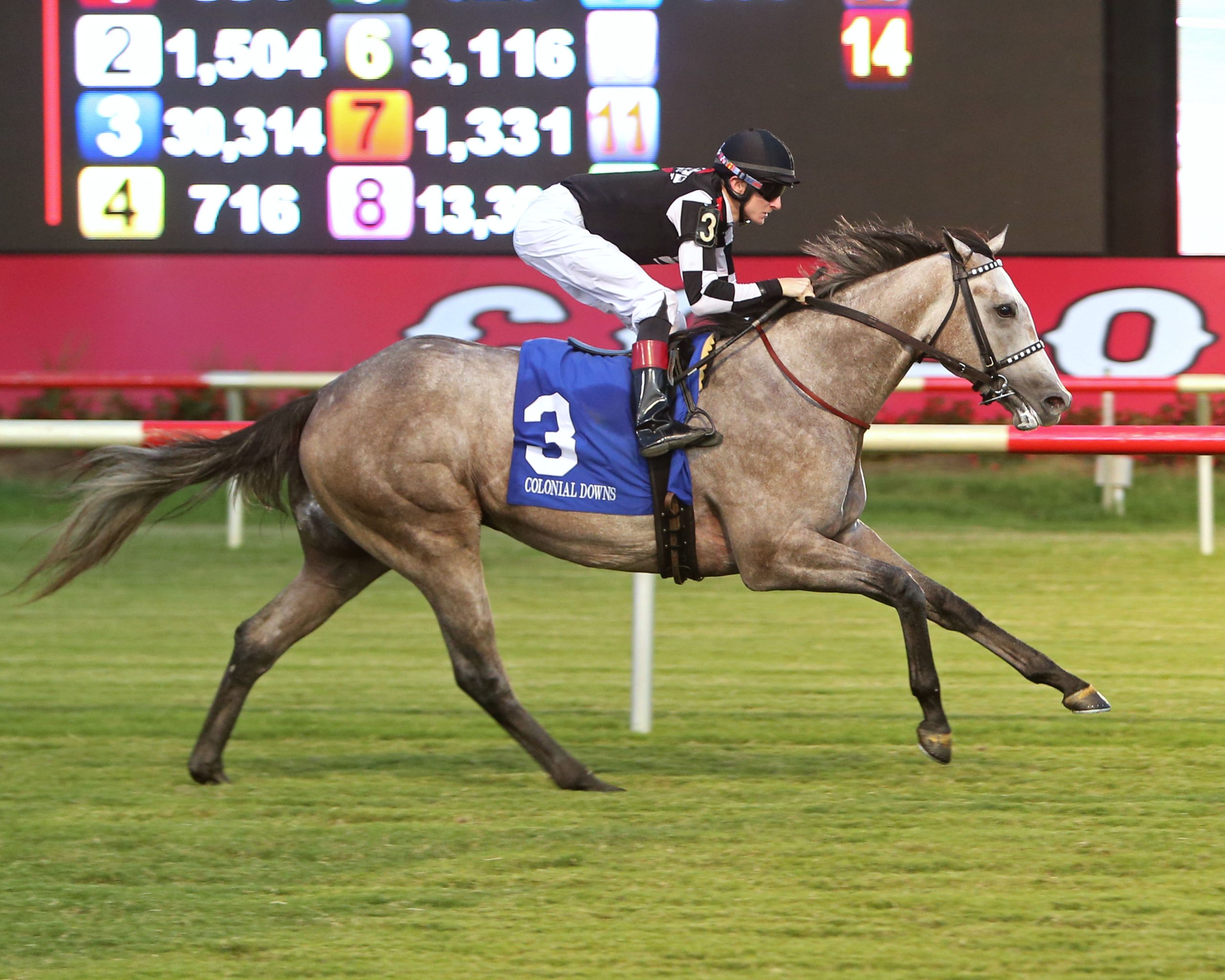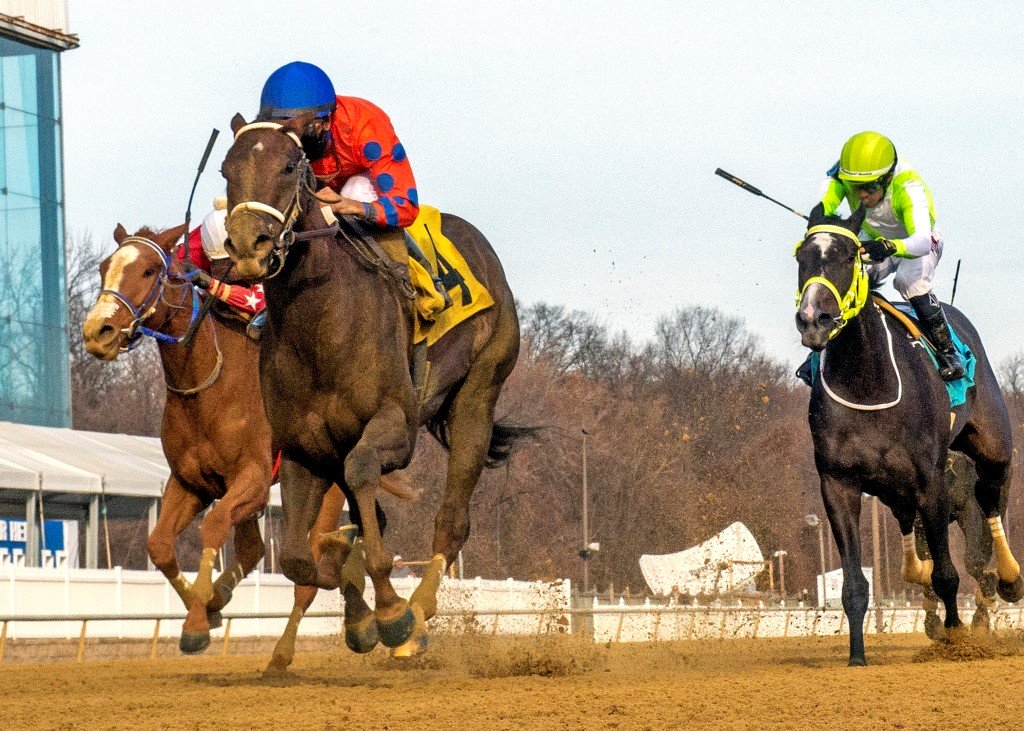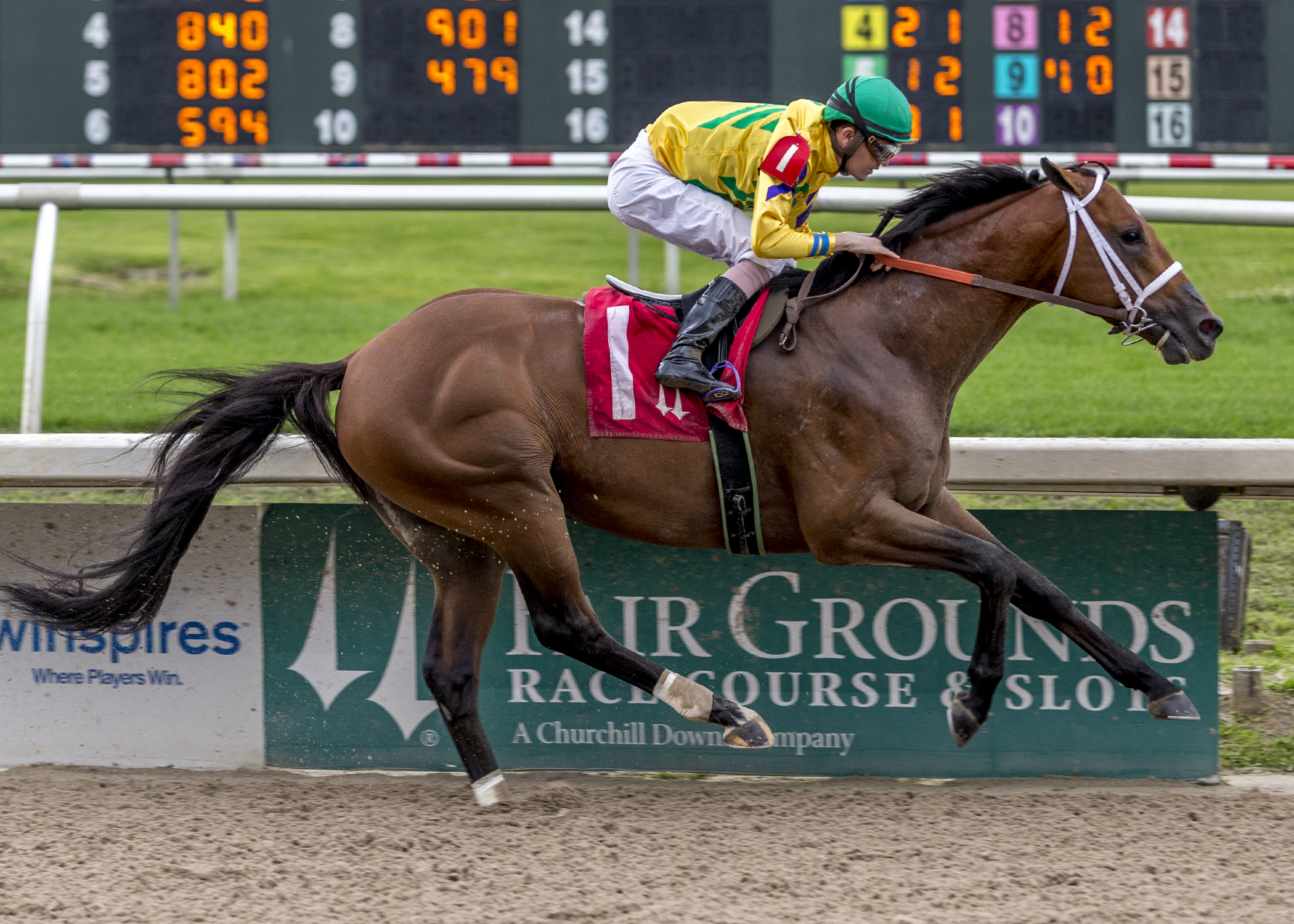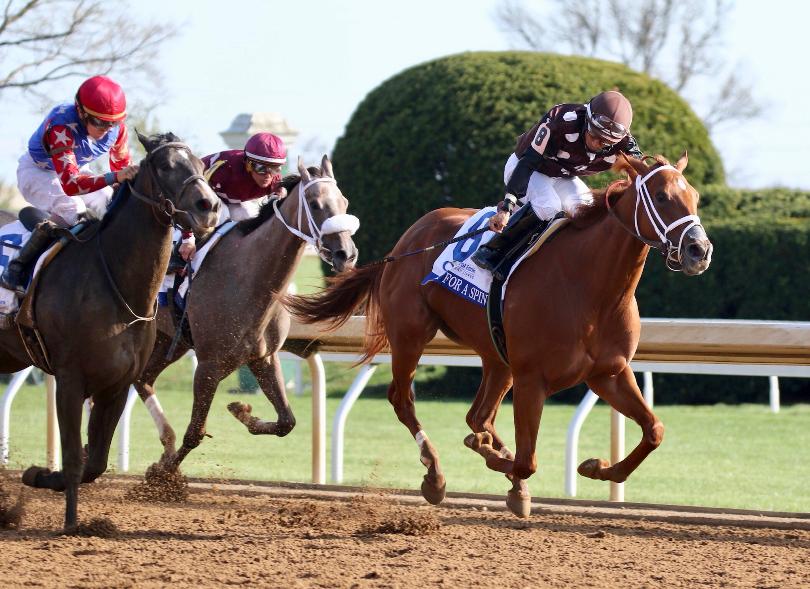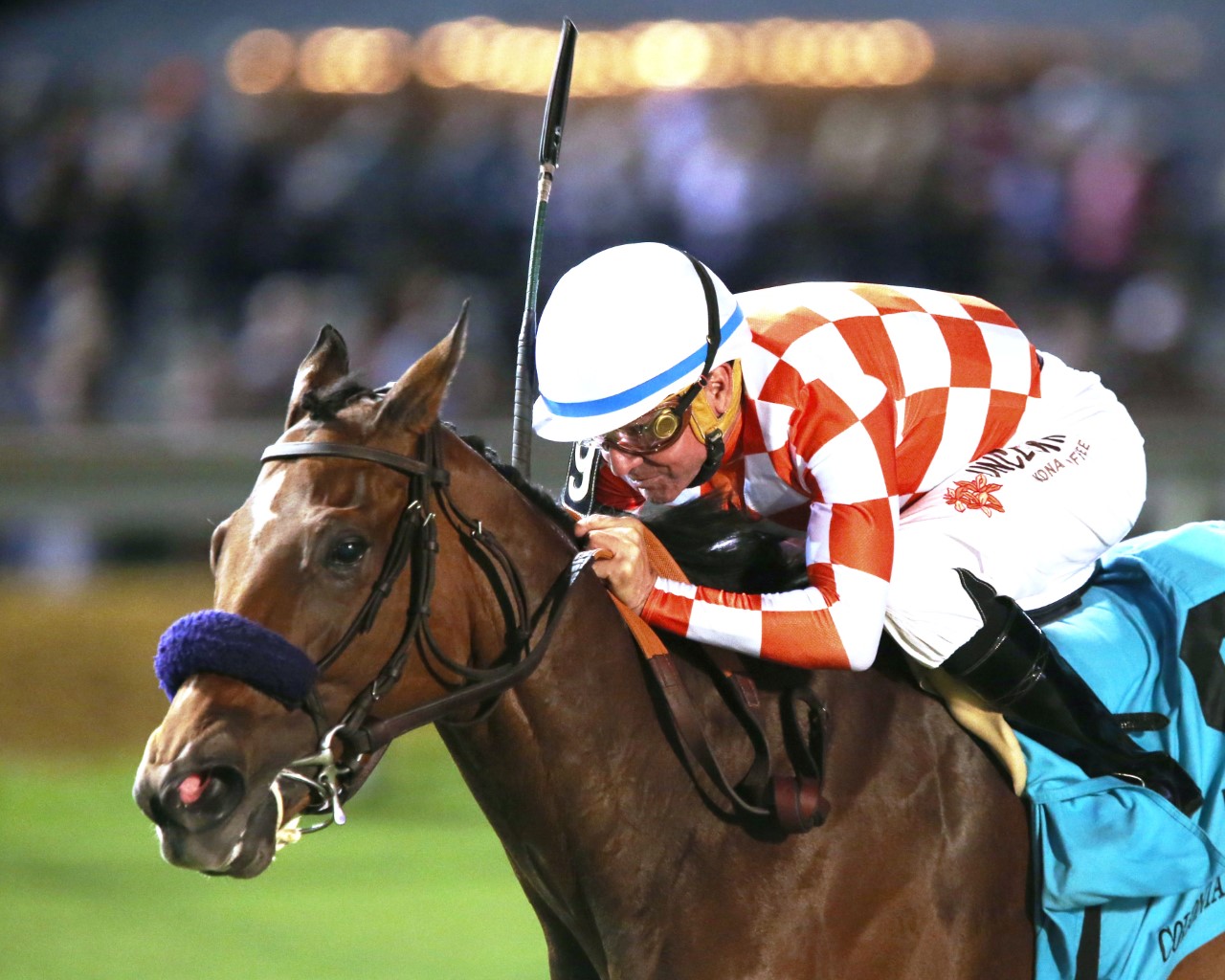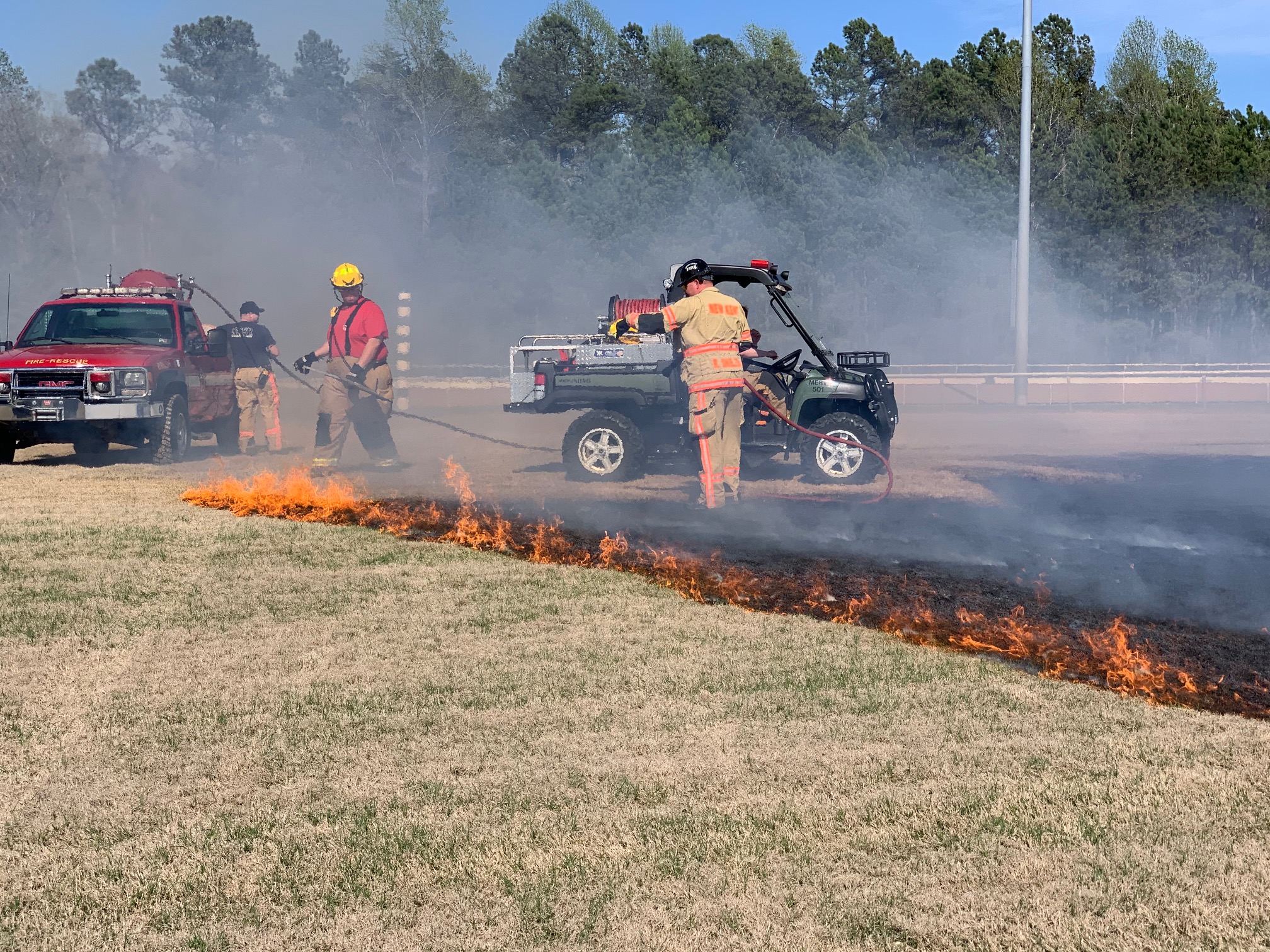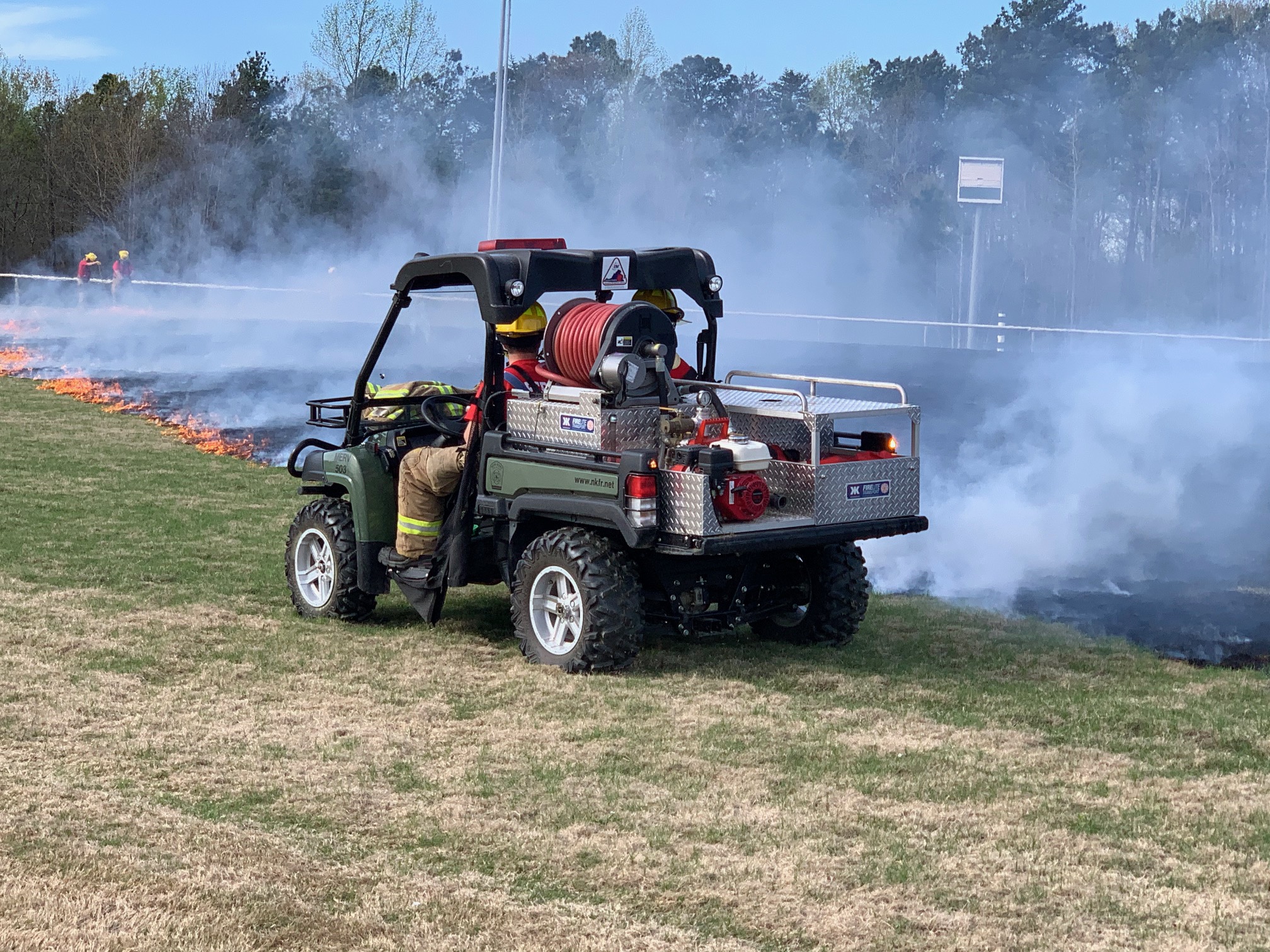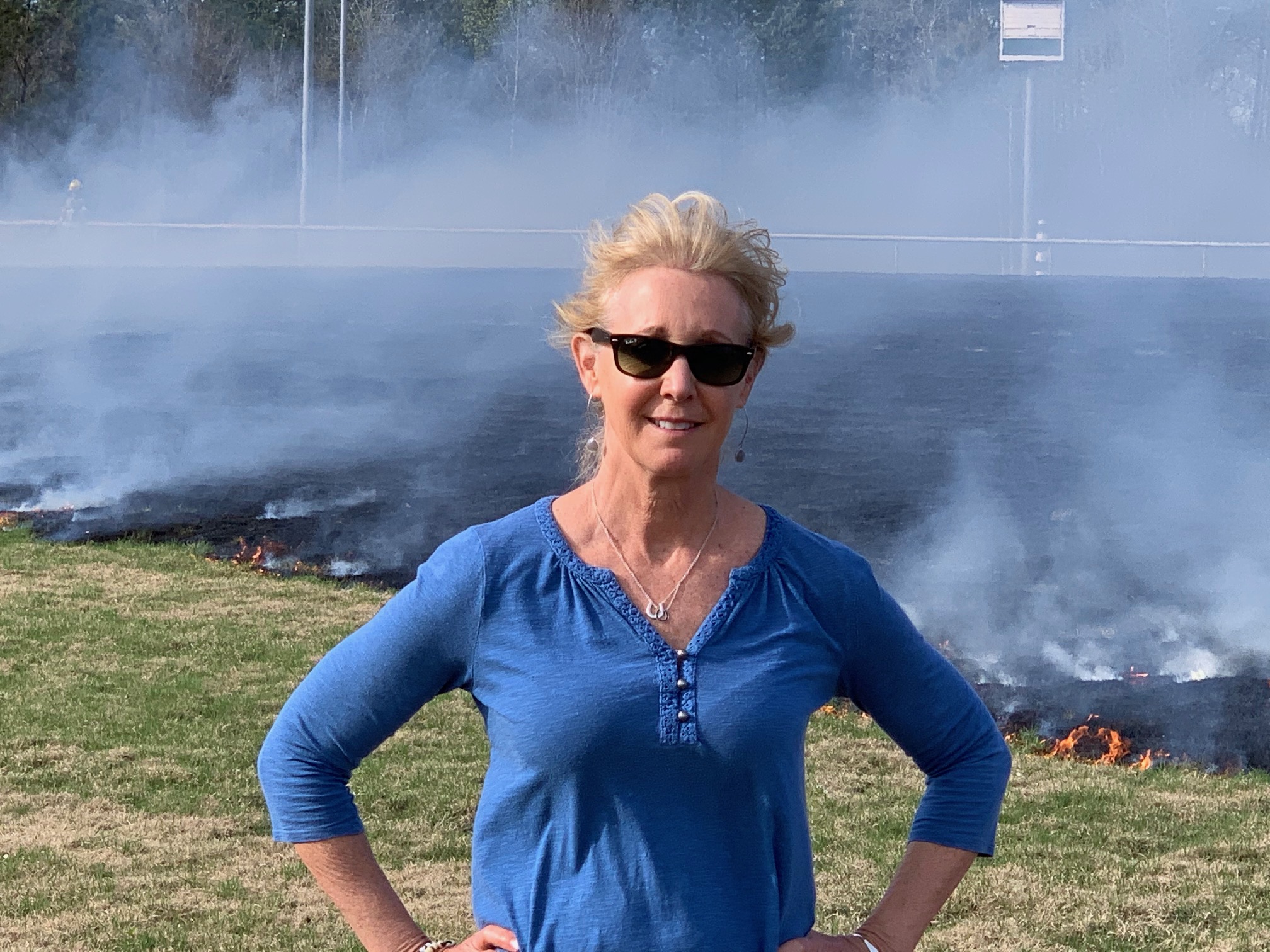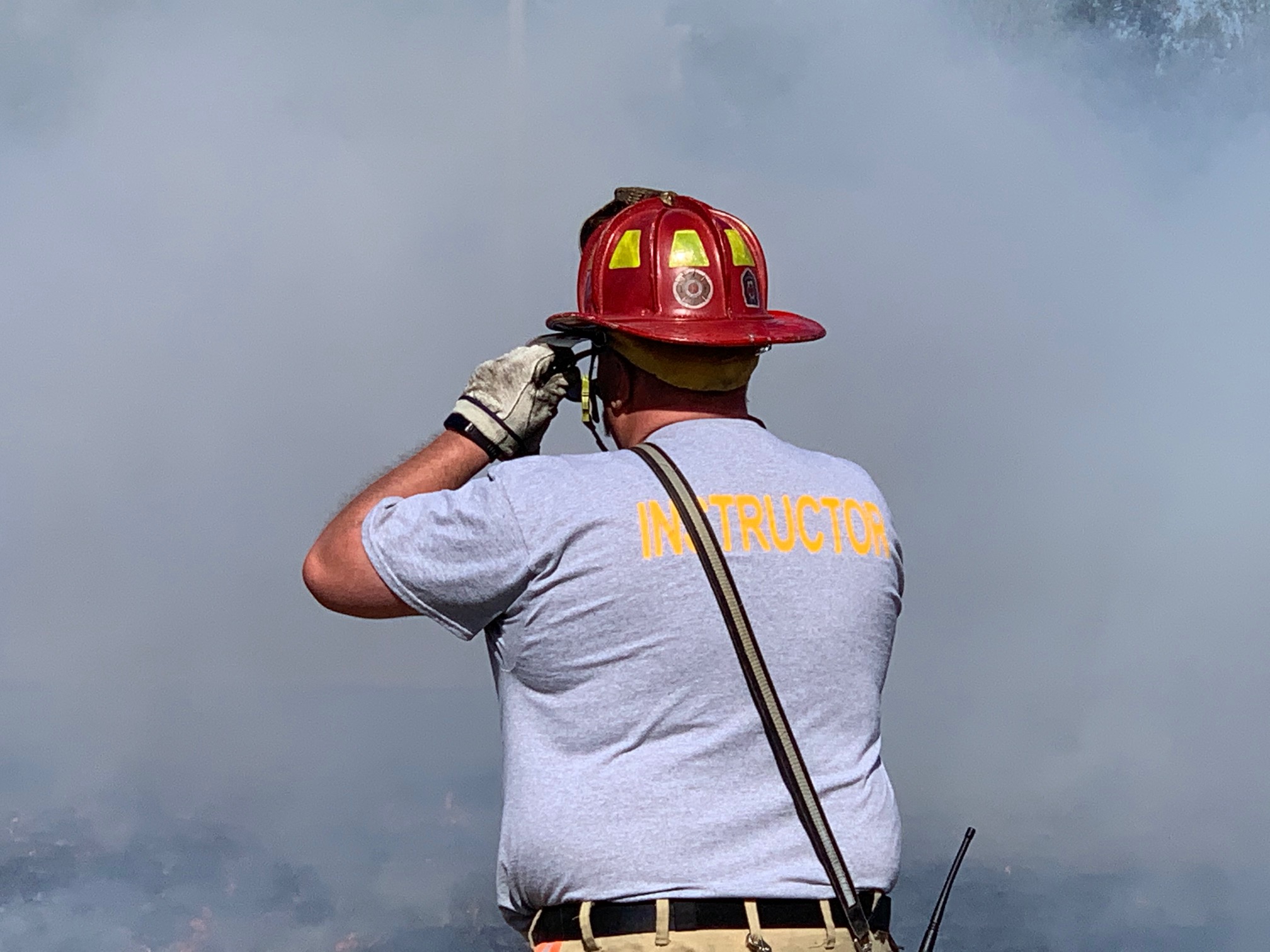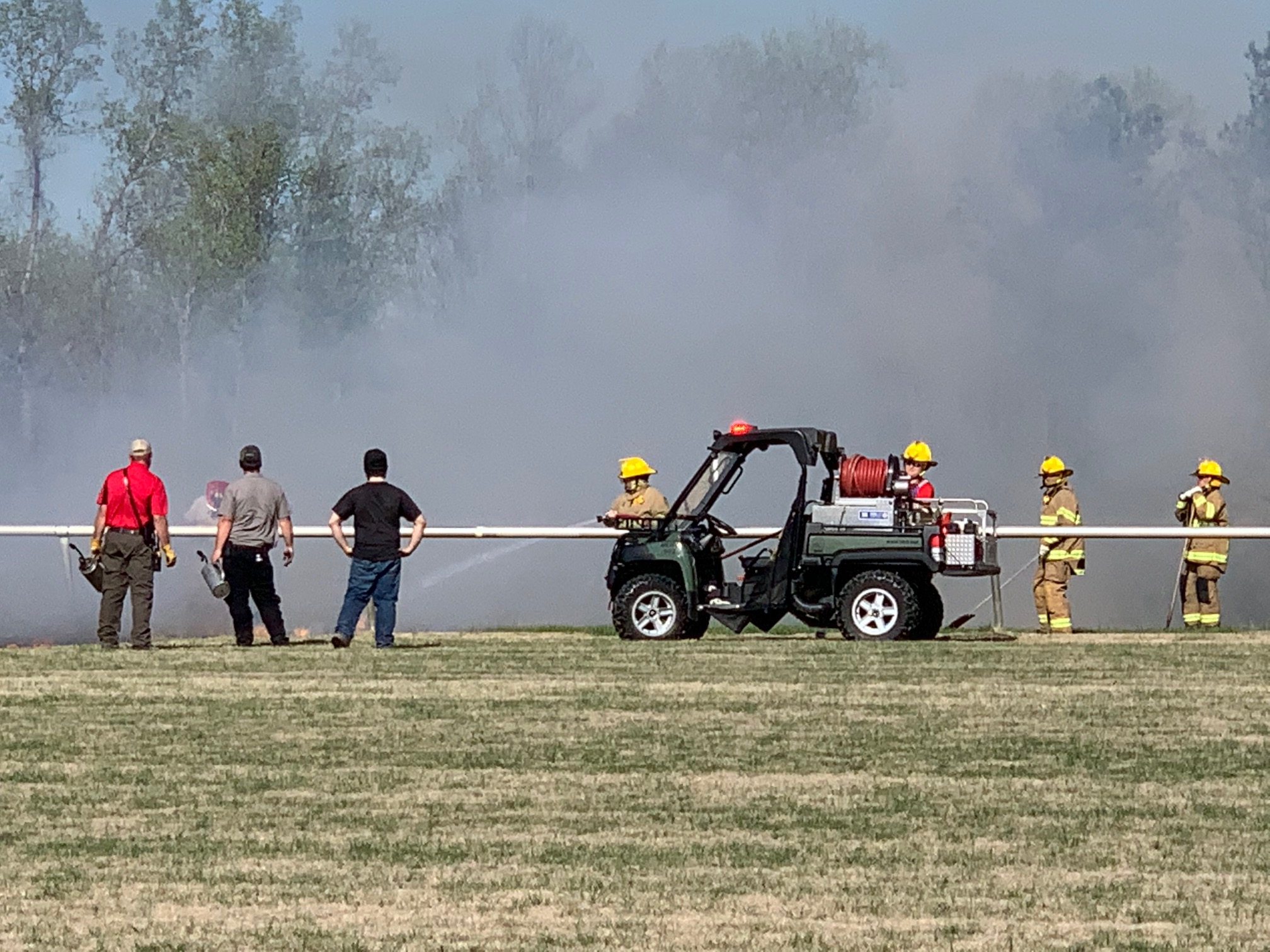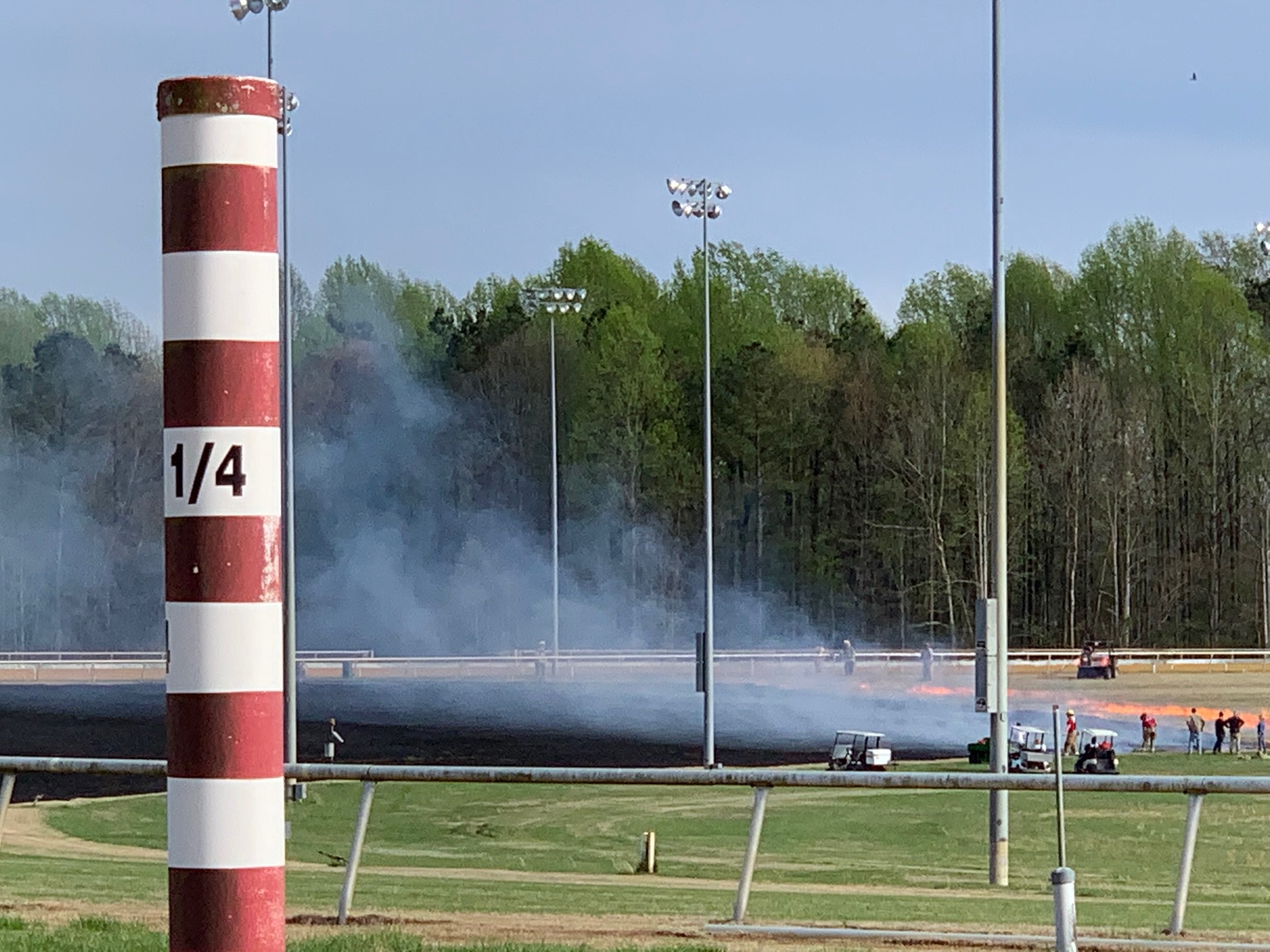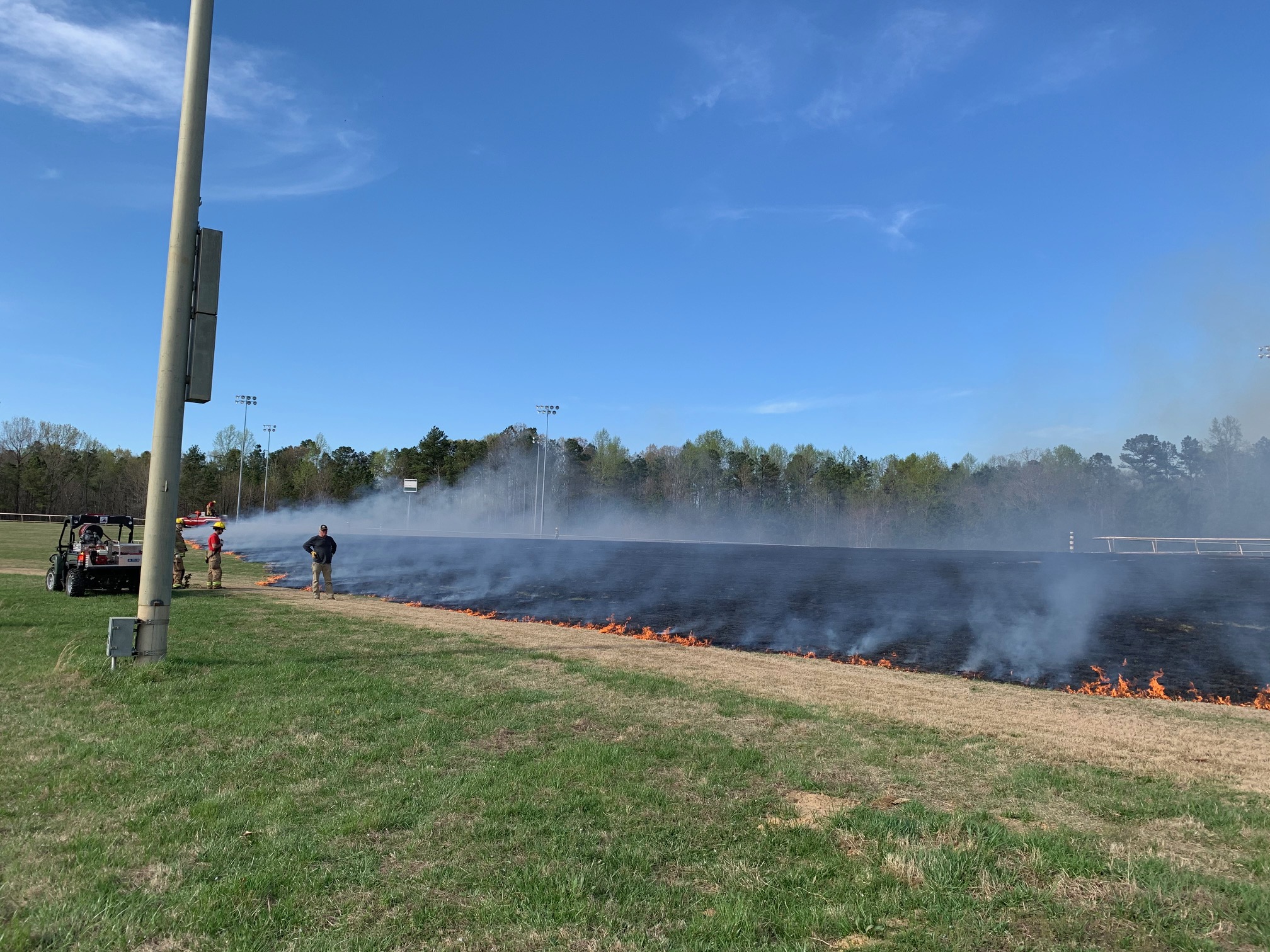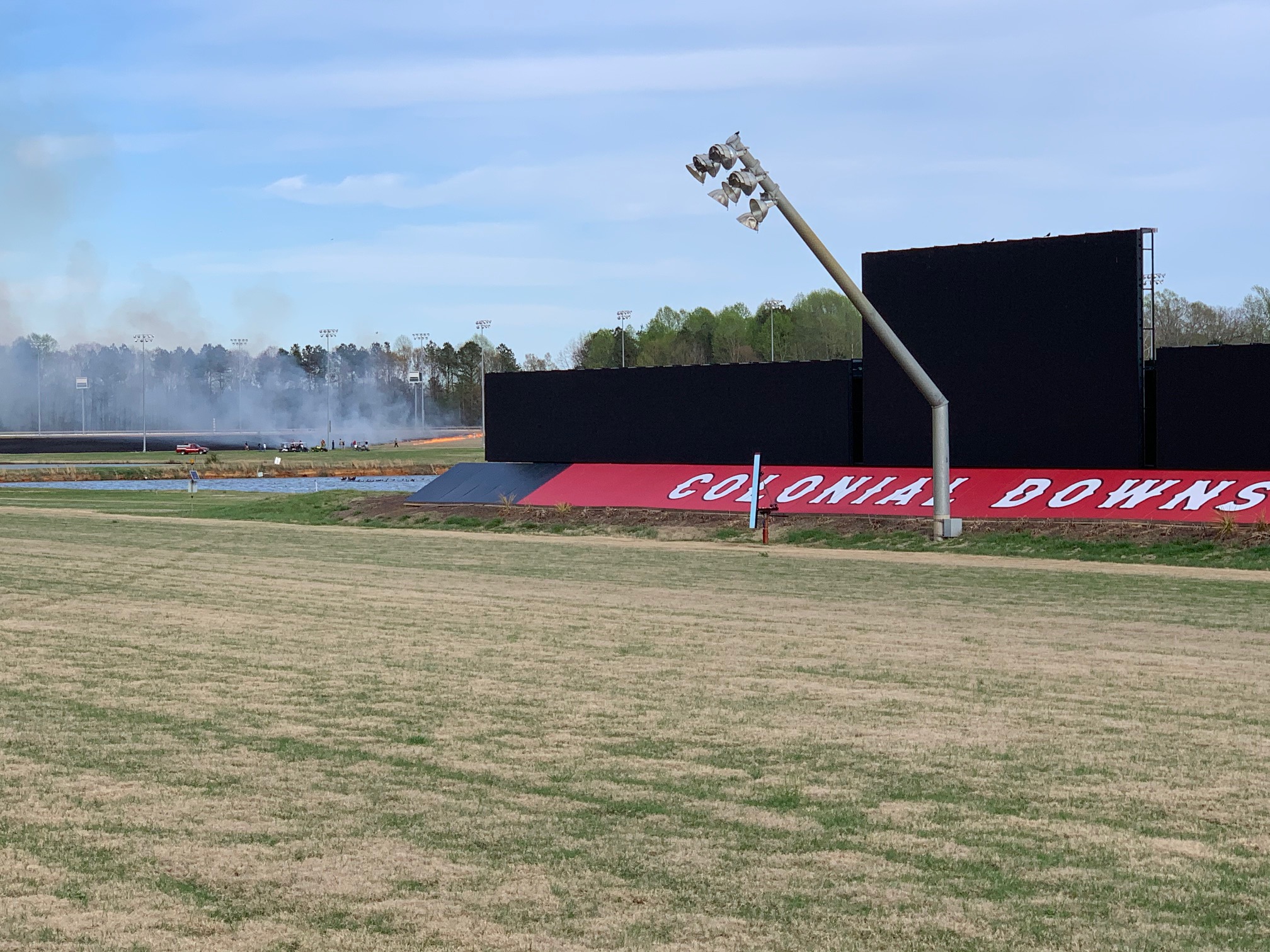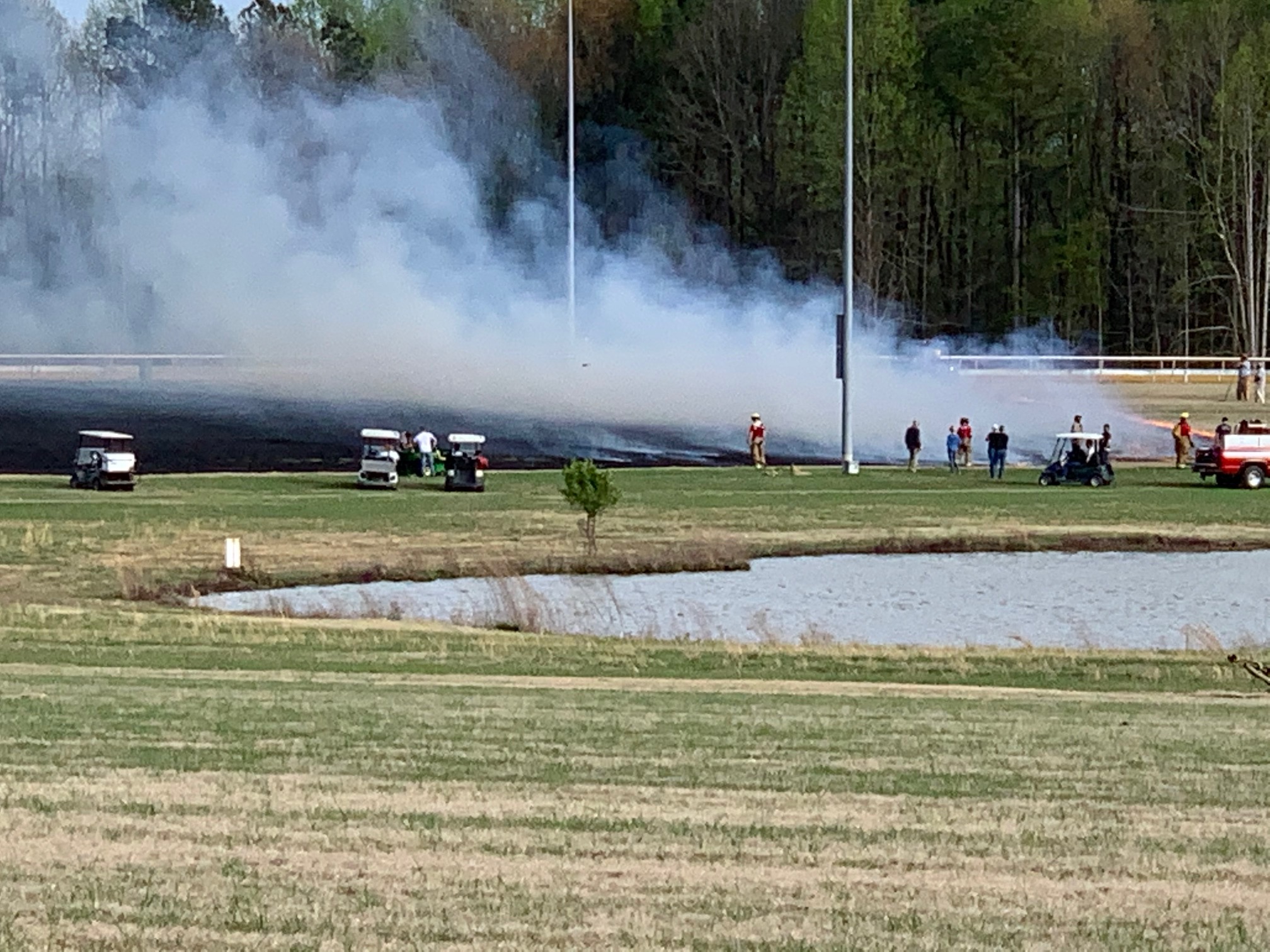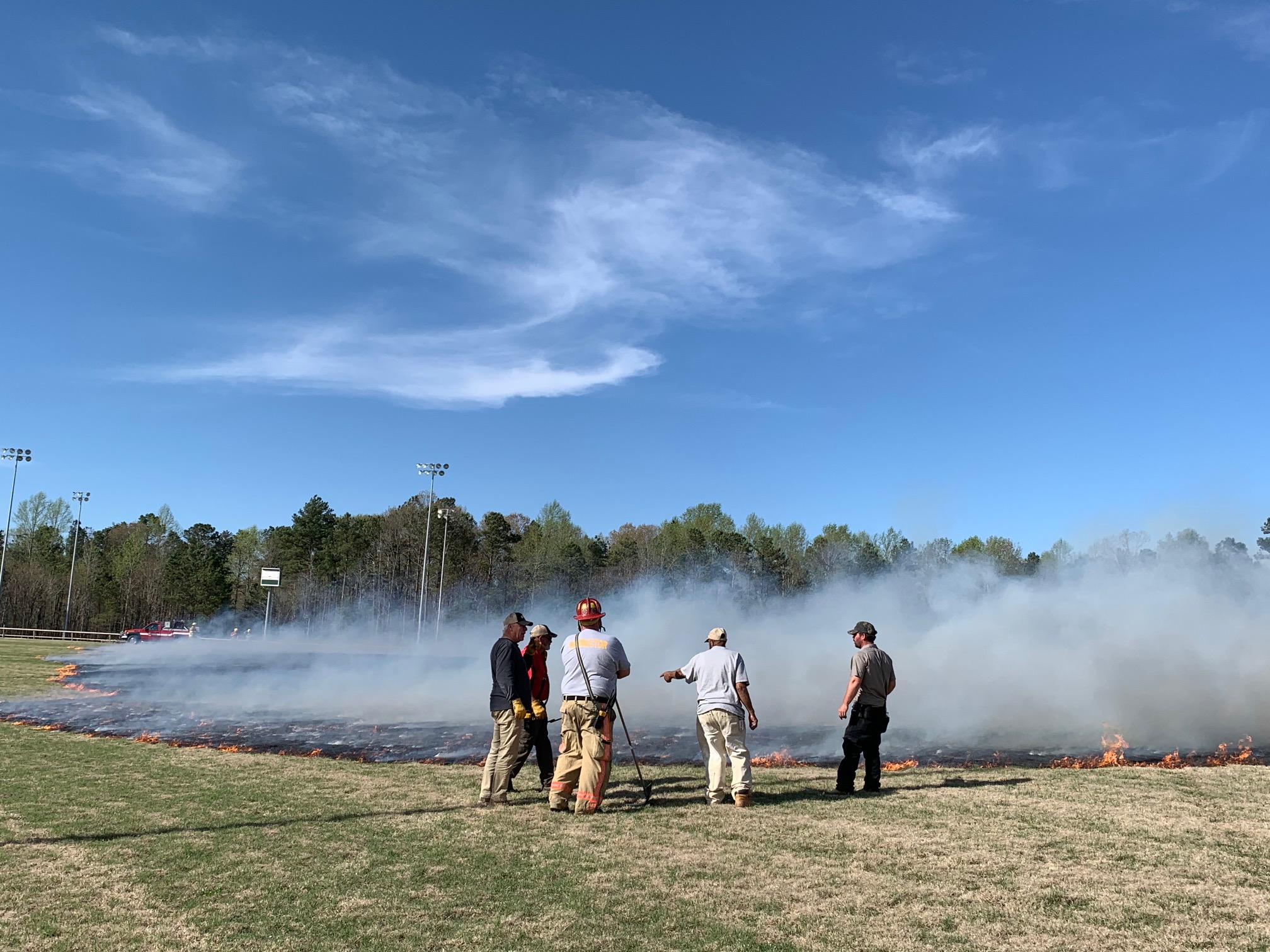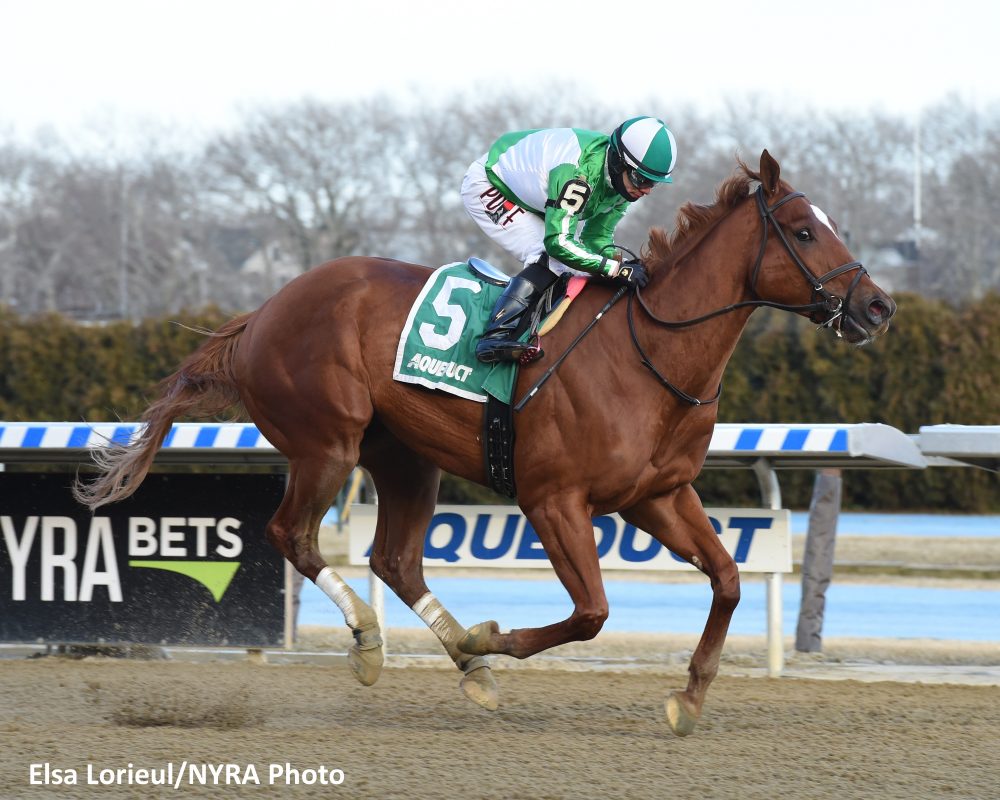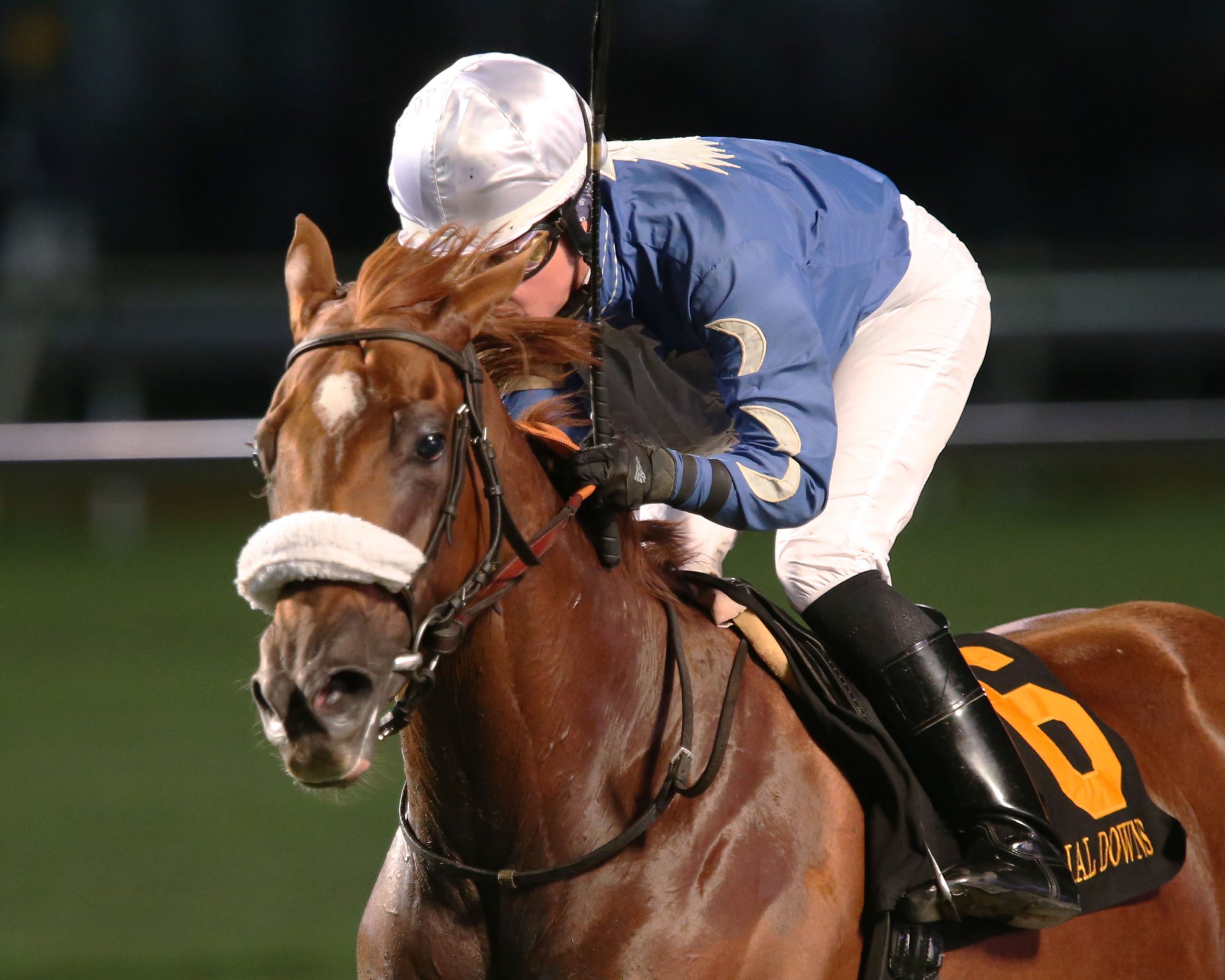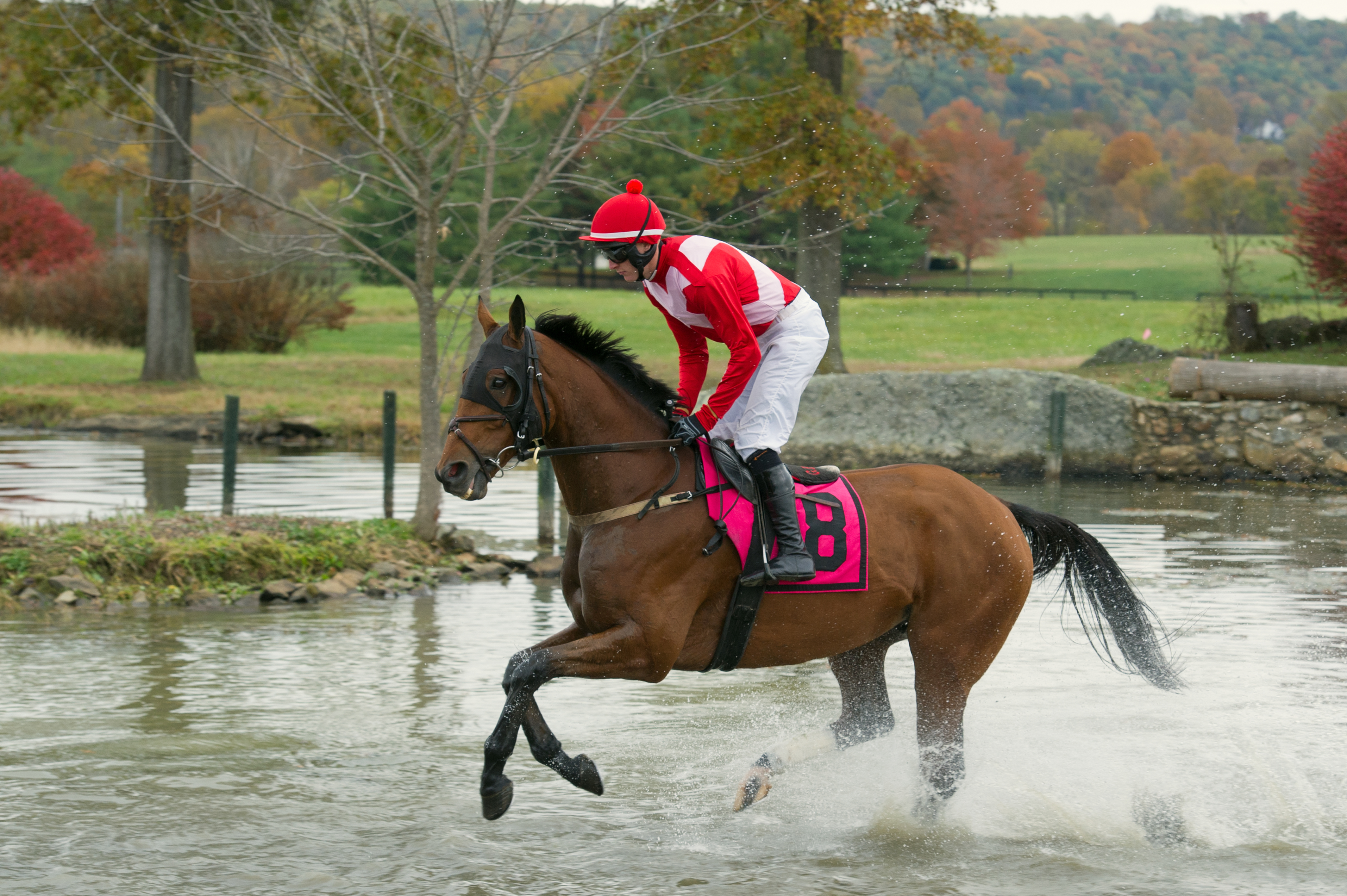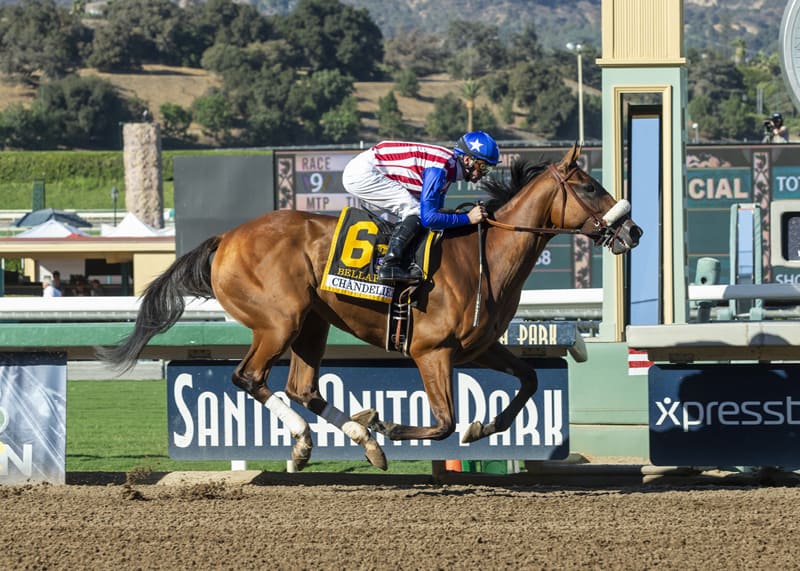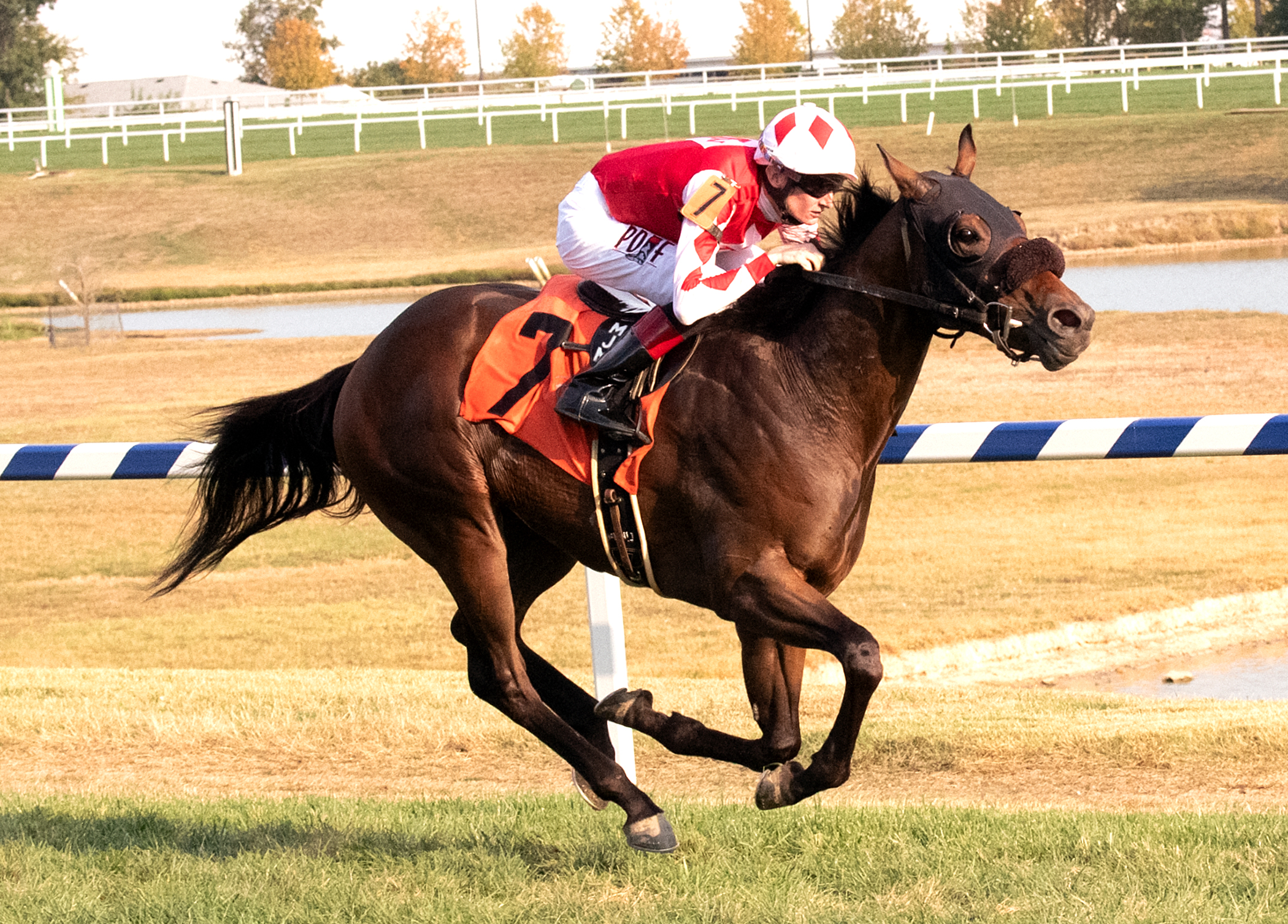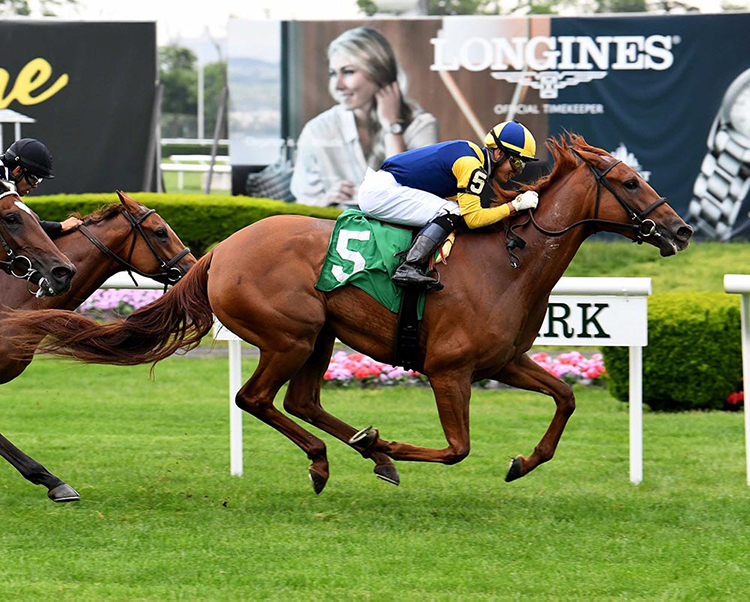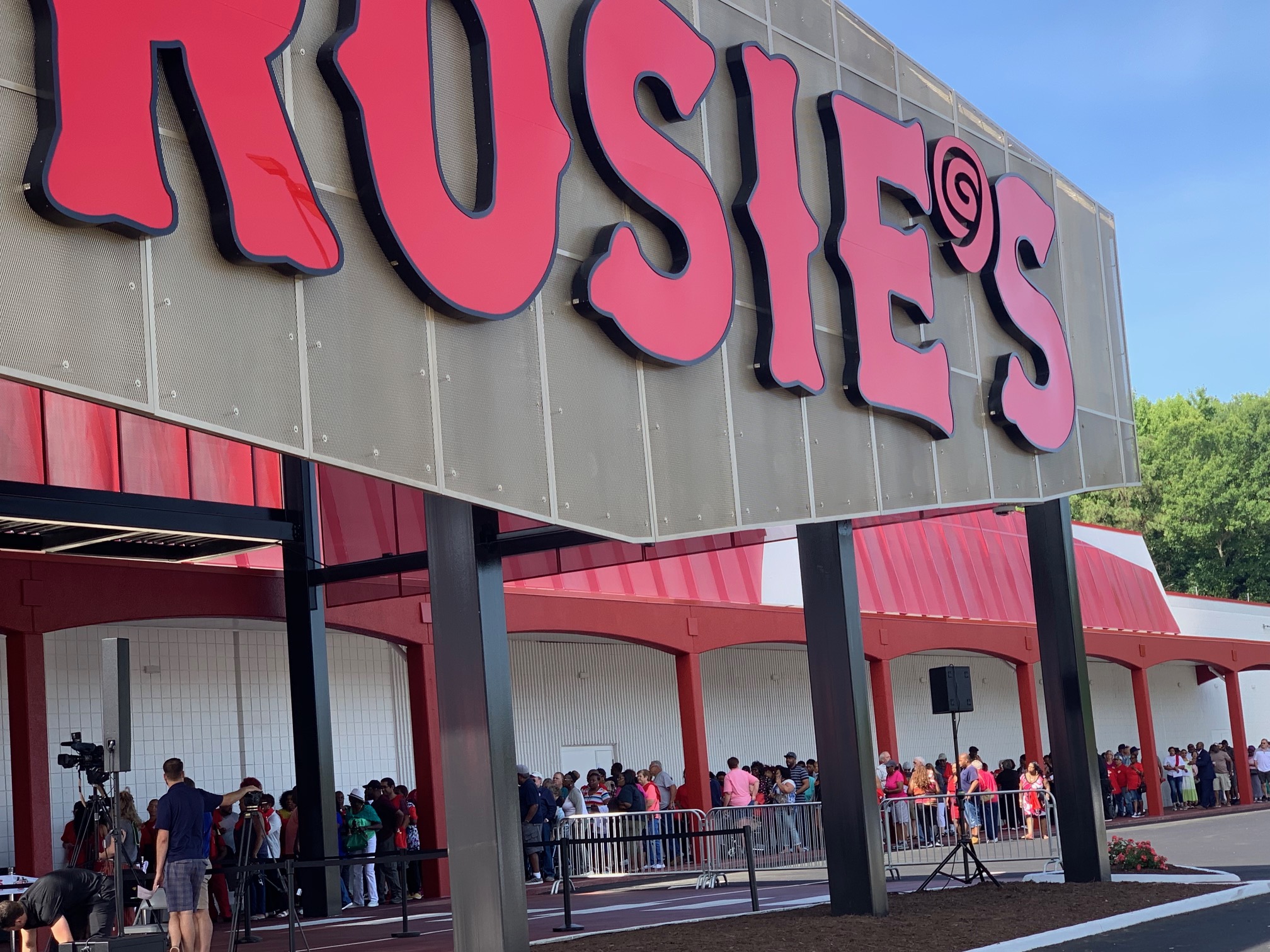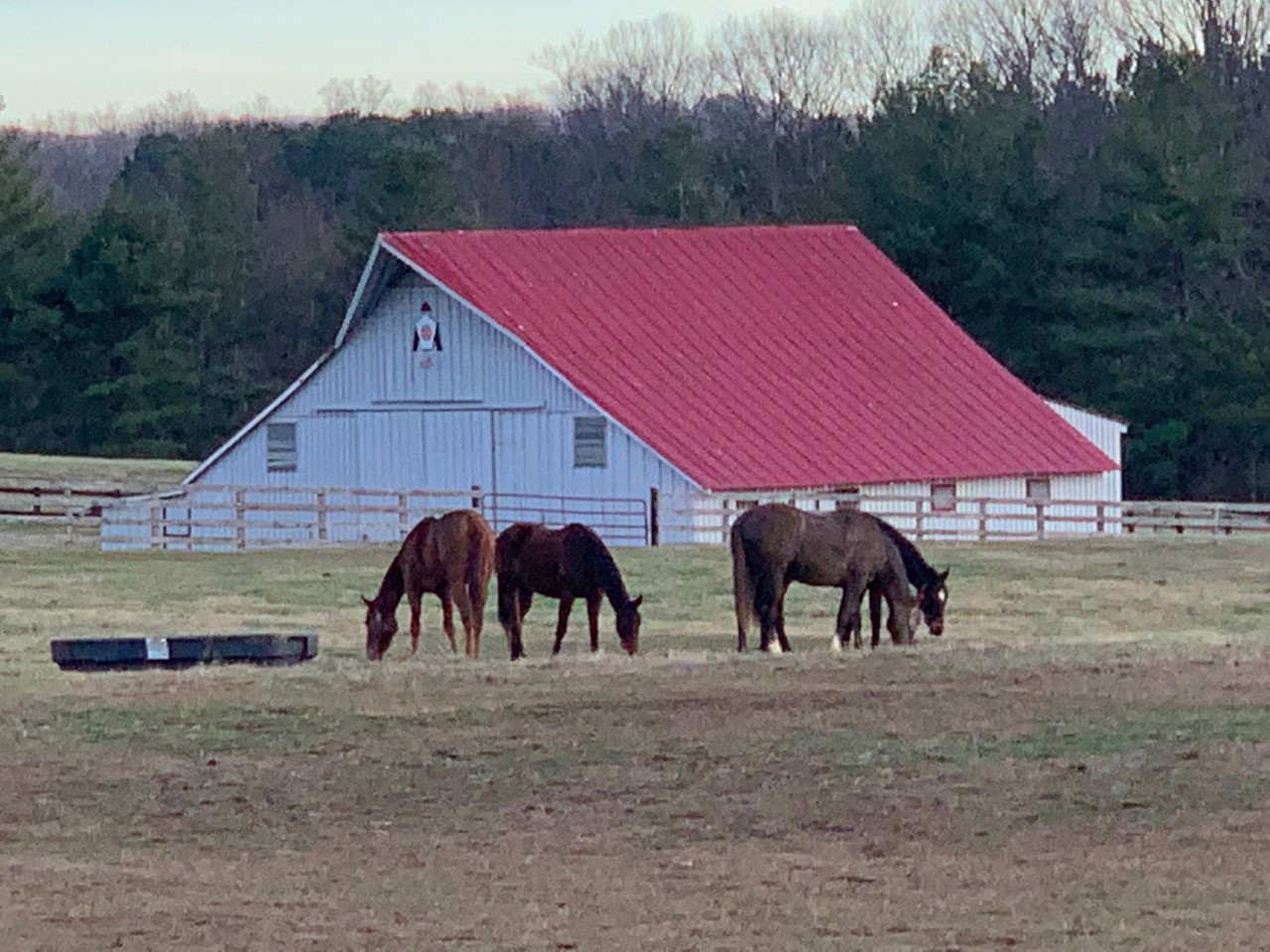The following appeared in The Paulick Report on April 7.
The past couple of months have been uncommonly successful demonstrations of the sire talent belonging to the Ashford Stud stallion Munnings (by Speightstown), and on April 4, the horse added another stakes victory with Kimari in the Purple Martin Stakes at Oaklawn Park.
The success for that 3-year-old filly comes on the heels of graded stakes winners Bonny South (Grade 2 Fair Grounds Oaks), Warrior’s Charge (G3 Razorback Handicap), Finite (G2 Rachel Alexandra), and Venetian Harbor (G2 Las Virgenes), plus numerous place-getters in stakes events around the globe.
Nor has sire Speightstown been quiet during this period. His most notable winners include Group 1 victress Mozu Superflare in Japan and Flagstaff, winner of the G2 San Carlos.
In fact, Speightstown and his flagship son have staked out ground as perhaps the most typical “young” line of Mr. Prospector on the scene.
Among the flourishing lines founded by the iconic bay son of Raise a Native and grandson of Native Dancer are:
– The large and very classic branch of Fappiano, best known through Kentucky Derby winner Unbridled and his sons Unbridled’s Song and Empire Maker, the grandsire of Triple Crown winner American Pharoah and Kentucky Derby winner Always Dreaming;
– The “other” Fappiano line of Quiet American through Kentucky Derby winner Real Quiet to his champion son Midnight Lute;
– The good-sized classic branch of Smart Strike, best known through Preakness winner Curlin, the sire of last year’s Breeders’ Cup Classic winner Vino Rosso, and also prominent through champion Lookin at Lucky, sire of last year’s official Kentucky Derby winner Country House;
– The miler-classic group descending from Forty Niner, especially through the still active leading sire Distorted Humor;
– The international branch from Seeking the Gold through his grandson Dubawi;
– The line of big classic horses coming from Machiavellian through his son Street Cry and his Kentucky Derby winner Street Sense;
– The Kingmambo group that gravitates toward turf but also includes American champion Lemon Drop Kid;
– The Gone West branch that includes the towering Elusive Quality and his son Quality Road, as well as the midsized sprint champion Speightstown and his son Munnings.
That’s a very brief summary of the Prospector lines active today and ignores the sire’s champion sons who are more active among the inner lines of pedigree, such as Conquistador Cielo, Gulch, and Woodman.
Both Speightstown and Munnings are powerfully built, medium-sized horses with very good length through the body, and both possess the chestnut coat color that Gone West often passed on and that derived from his stakes-winning dam Secrettame and her sire, Triple Crown winner Secretariat. The latter proved less a force in the male line that had been hoped for, but he was a massive influence through his daughters, including the leading sires A.P. Indy, Storm Cat, Summer Squall, and Gone West among his maternal grandsons.
After Gone West won the 1987 Dwyer, which was a Grade 1 at the time, “apparently a lot of people were after the horse for a stallion because” owner James P. Mills “decided to make a commitment to stand the horse at stud,” recalled Reynolds Bell. “Gone West had brought $1.9 million when he went through the Keeneland July sale in 1985; so he looked the part and had the pedigree to go with it. Our good fortune was that Mill Ridge had a relationship with Mr. and Mrs. Mills, from having their mares at the farm.”
The Millses owned Hickory Tree Farm near Middleburg, Va., and had raced other notable horses, such as Kentucky Derby third Believe It (In Reality) and champion juvenile Devil’s Bag (Halo). Both of those stallions stood in Kentucky, and Hickory Tree had mares in Kentucky to breed to them and other important sires.
“When Gone West was available as a sire,” Bell continued, “Mill Ridge had just acquired Diesis as its first stallion, and in getting stallion prospects, if it doesn’t come down to money, it probably comes down to relationships. With Gone West, we competed for him in the marketplace, and we got lucky.
“Mr. Mills gave us a shot to stand the horse, and he recognized we were working hard to develop something that would complement what we were already doing at Mill Ridge. Mom [Alice Headley Bell Chandler] and I loved Mr. Prospector and his speed and influence in the breed. We thought that, if we could get a really good son of Mr. Prospector, that would be the sort to stand. Gone West had all that, plus a dam side that goes back to Aloe in the farther reaches of a pedigree that also includes Round Table, Known Fact, and other live horses at the time.”
In addition to the merits of the horse and his pedigree, there is also support of committed breeders with good mares. Bell said, “We had good clientele at the farm that could support him, as well as the interest that came from outside. Even so, he was competing against Forty Niner, Seeking the Gold, and Gulch, among the other big sons of Mr. Prospector at that time. It helped that we had a pretty strong contingent of European clients at the time,” including Khalid Abdullah, who bred the stallion’s first champion and classic winner in Zafonic, a winner of the 2,000 Guineas at Newmarket and later an outstanding sire.
Once Gone West had proven a success at stud, his sales yearlings brought very good prices, and the star of them proved to be Speightstown, who sold for $2 million at the 1999 Keeneland July sale. For a long time, it appeared that was money well burnt, as Speightstown was a tired last of 13 at Saratoga in his only start at two. At three, the striking chestnut won a maiden on his seasonal debut at Gulfstream, and then the colt won three of his next five starts as trainer Phil England worked the talented sprinter through his conditions. Finally, at Saratoga on Aug. 3, 2001, Speightstown ran second in the G2 Amsterdam behind G1 winner City Zip.
That was a more than respectable effort, and (drum roll, please), he didn’t start again for 21 months.
When he reappeared, Speightstown was trained by Todd Pletcher, and the horse won his 5-year-old debut, was second in the listed Jaipur Stakes on May 26, 2003, and then did not start again for 10 months.
When Pletcher brought the talented racer back as a 6-year-old, however, the trainer had all the wheels turning the right direction, and Speightstown won five of his six starts.
More importantly, Speightstown won the G1 Breeders’ Cup Sprint (and the Eclipse Award as top sprinter), the G2 Vanderbilt, True North, and Churchill Downs handicaps, plus the listed Artax Handicap.
Now, that was a season’s racing to earn the horse a serious opportunity at stud.
As a sire, Speightstown puts a lot of speed in his stock, like his son Munnings, but surprisingly, there are other important qualities coming through for a successful racer and for a sire. Soundness would not have been expected as a trump card for Speightstown, especially after his troubled racing career, but he gets 76 percent starters to foals, well above the breed average of 60 percent, and he has 59 percent winners, towering over the breed average of slightly more than 40 percent, with more than 100 stakes winners to date.
Not surprisingly then, Speightstown stands for $70,000 at WinStar Farm, and Munnings is standing for $30,000 at Ashford.


